HCV Rapid Test Kit
This product is extensively used for doing blood tests in patients.
Immunochromatographic test for the detection of HCV antibody in the serum or plasma.
HCV Antibody Rapid Test is for the detection of antibodies to Hepatitis C type virus (HCV) in human serum, plasma, or whole blood collected from vein or fingertip.
It is intended for use in medical institutions by trained staff.
- Product Details
- Technical Specification
Immunochromatographic test for the detection of HCV antibody in the serum or plasma.
Intended Use:
HCV Antibody Rapid Test is for the detection of antibodies to Hepatitis C type virus (HCV) in human serum, plasma, or whole blood collected from vein or fingertip. It is intended for use in medical institutions by trained staff.
Principle of HCV Rapid Test Kit:
HCV (Core and NS3) specific recombinant antigens are precoated onto the membrane as the capture reagent on the test zone. During the test, the specimen is allowed to react with the colloidal gold particles, which have been conjugated with HCV-specific recombinant antigens. Antibodies to HCV, if present, will specifically bind to the colloidal gold-antigen complex. When the colloidal gold-antigen-antibody complexes move to the test zone, they will specifically bind to the pre-coated antigens. At the same time, a red-colored line will develop in the test zone. The absence of this red-colored line in the test zone suggests a negative result. To serve as a procedural control, a red-colored line in the control zone will always appear regardless of the presence of antibodies to HCV.
Storage of HCV Rapid Test Kit:
HCV Antibody Rapid Test should be stored at 4-30°C (do not freeze) for 24 months from the date of manufacture. Keep the test cassette in a sealed pouch until use. Once you have taken the test cassette out of the pouch, it should be placed in a humidity environment of 90%RH or less, perform the test as early as possible (within 1 hour) to avoid the test cassette from becoming moist.
Do not use the test beyond the indicated expiration date. The diluent buffer should be stored at 4-30°C (do not freeze) for 24 months from the date of manufacture. After the diluent is opened, it will be stored for 24 months according to the validity period.
Procedure of HCV Test Kit:
6.1. Place the test cassette on a flat surface. Before unsealing the pouch, allow the test cassette to reach laboratory temperature (15-30°C). Use it immediately once unsealed.
6.2. Open the pouch and add 1 drop or 35µL of the specimen into the sample well (S).
6.3. After adding the specimen, add 1 drop or 35µL of diluent buffer vertically into the sample well (S) immediately.
6.4. Avoid dropping specimen or diluent buffer in the observation window.
6.5. Do not allow the diluent buffer bottle to touch the sample well when dropping the diluent buffer so as to prevent cross-contamination with the specimen.
6.6. Observe the result for 30 minutes once the diluent buffer is added.
Result Interpretation:
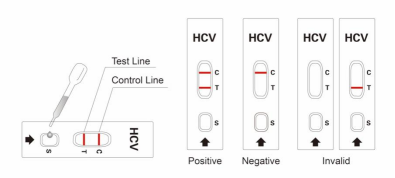
1. Negative: No red line appear in 30 minutes in the test zone (T), only a red line in the control zone (C), which indicates that the absence of HCV antibodies or the concentration of antibodies is too low (i.e. window period of infection).
2. Positive: One red line in the control zone (C) and one red line in the test zone (T). This indicates the specimen contains HCV antibodies.
3. Invalid: If no red lines appear, the test is invalid. Discard the test cassette and perform with a new cassette.
Built-In Control
HCV Antibody Rapid Test has a built-in procedural control that demonstrates assay validity. A red line appeared on the control zone (C) indicates that the test runs correctly.
HCV Rapid Test With Below Specification:
Limitation:
8.1. HCV Antibody Rapid Test must be used in accordance with this instruction for use to obtain an accurate result.
8.2.The positive results using the HCV Antibody Rapid Test suggests the presence of HCV antibodies in the specimen, and the intensity of the test line does not necessarily correlate with the HCV antibody titer in the specimen. The HCV Antibody Rapid Test is intended as an aid in the diagnosis of HCV infection.
8.3.The negative results do not exclude the possibility of exposure to HCV or infection with HCV. Antibody response to recent exposure may take several months to reach detectable levels.
8.4. A person who has HCV antibodies is presumed to be infected with the virus. Additional testing and medical evaluation are required to determine the state or associated disease.
International Certificates Of HCV Test Kits:
*CE (List A)
patented HIV and HCV RDTs have obtained CE approval by TUV laboratory evaluation, hot sold domestically and abroad by receiving high concentration by customers.
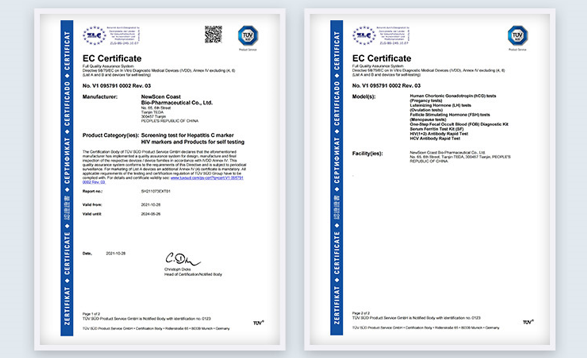
*MHRA
HCV Antibody Rapid Test has been granted regulatory approval by the Medicines and Healthcare products Regulatory Agency (MHRA).


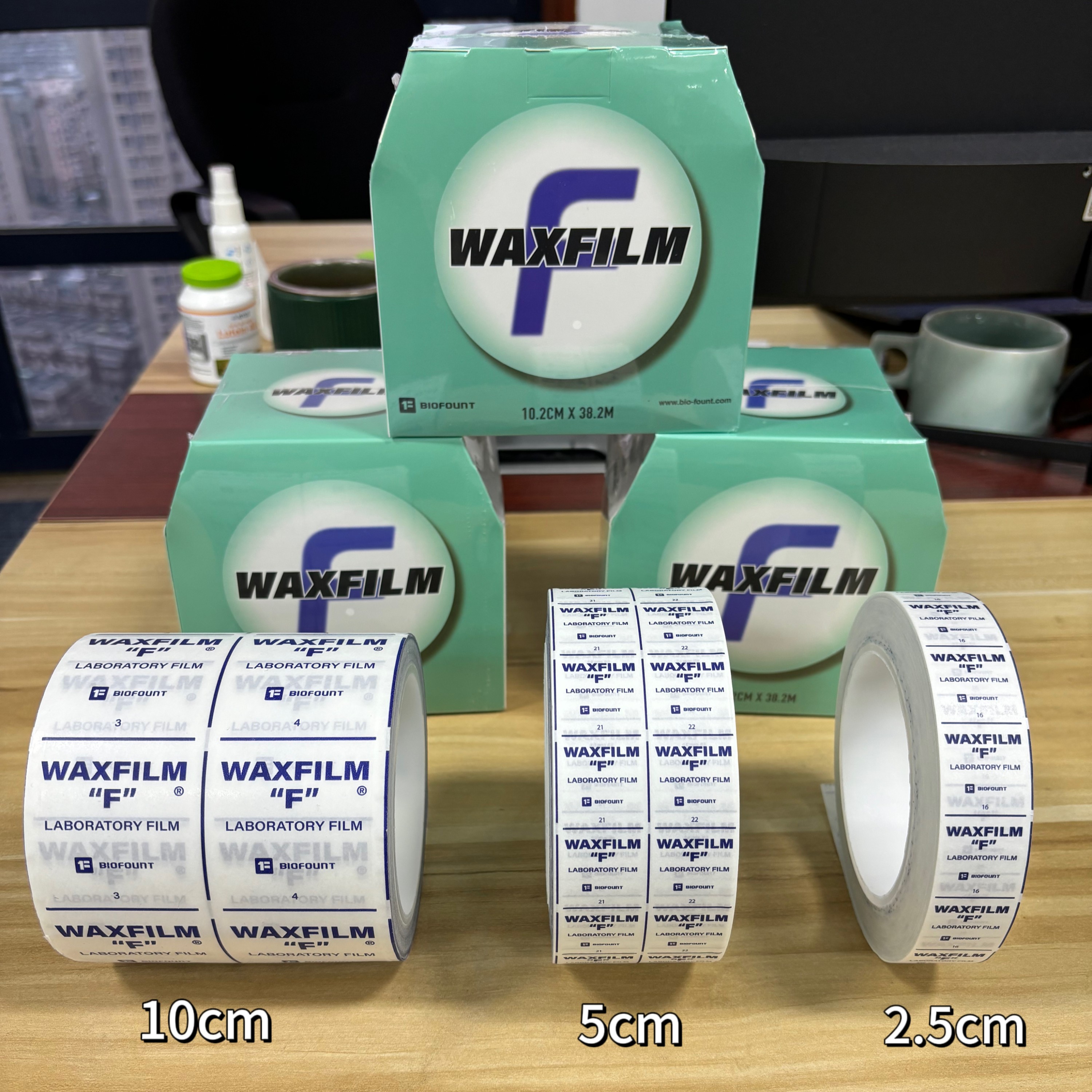 38m Waxfilm
38m Waxfilm 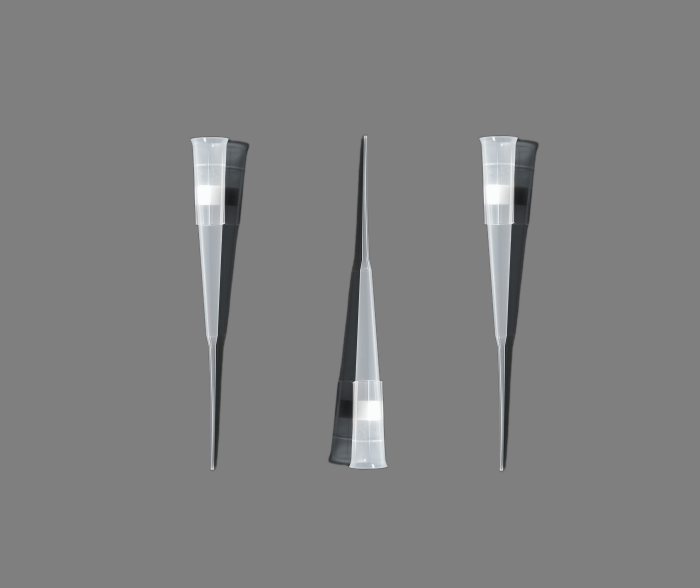 200ul sample tip
200ul sample tip 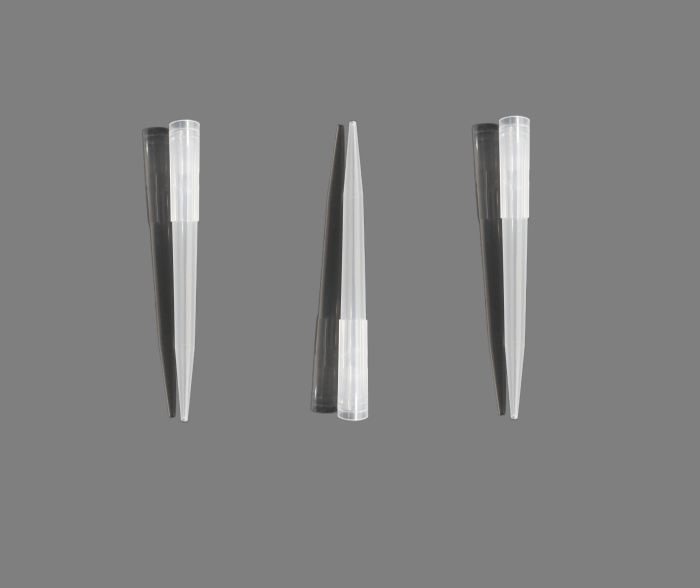 1000ul Wide Orifice Pipette Ti...
1000ul Wide Orifice Pipette Ti... 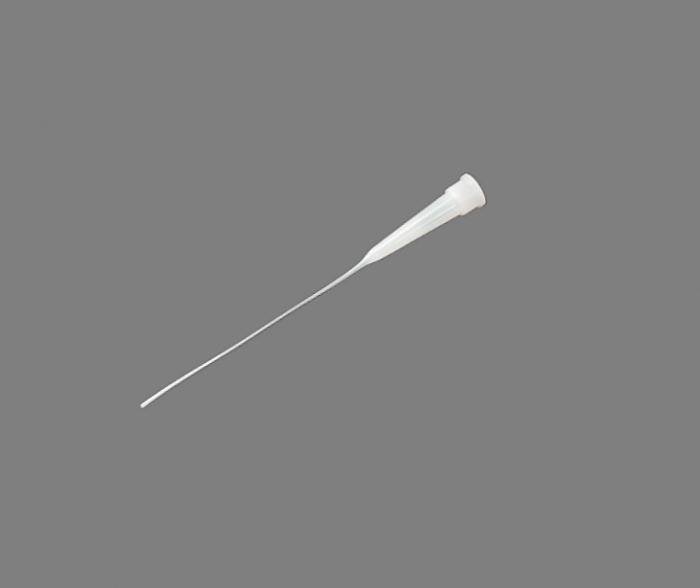 10ul microinjection capillary ...
10ul microinjection capillary ... 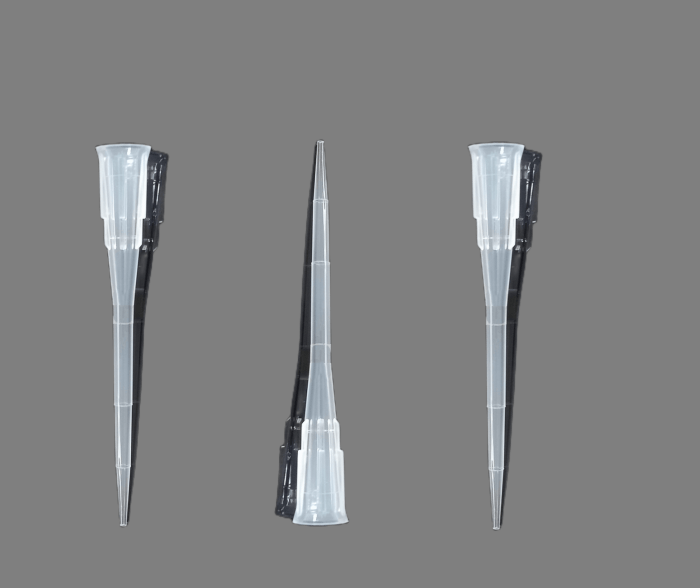 10ul extended tip
10ul extended tip 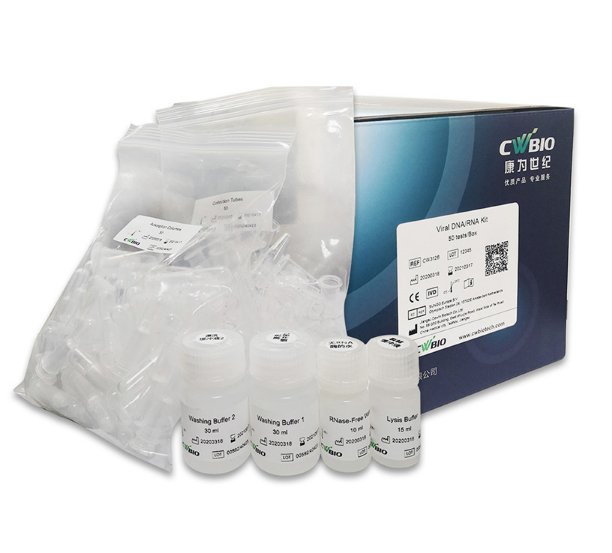 Viral DNA/RNA Kit
Viral DNA/RNA Kit 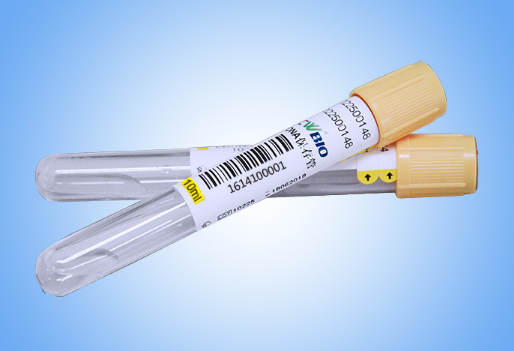 Vacuette Blood Collection Tube...
Vacuette Blood Collection Tube... 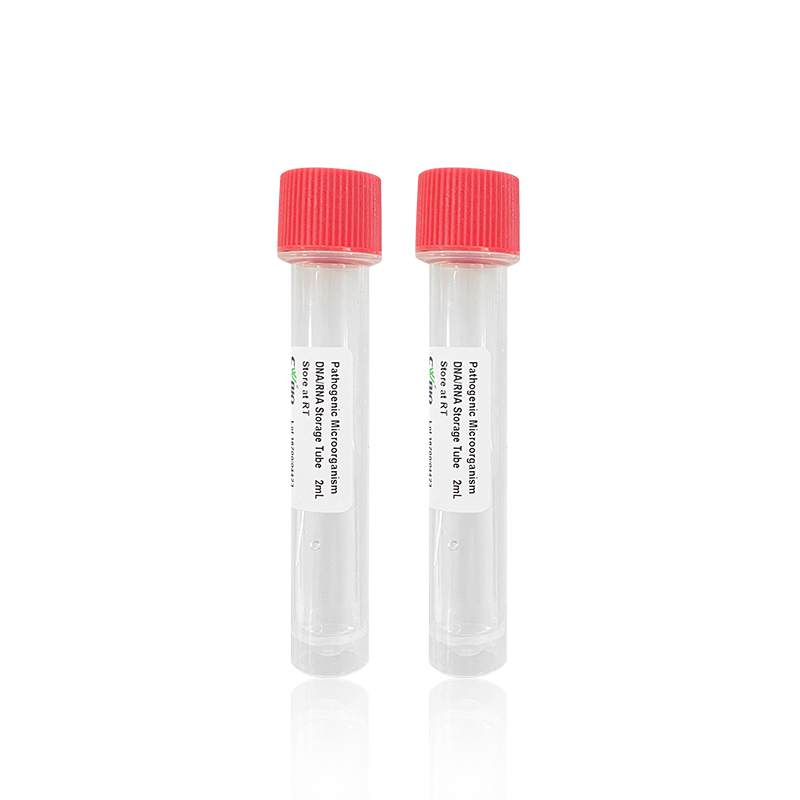 Pathogenic Microorganism DNA/R...
Pathogenic Microorganism DNA/R... 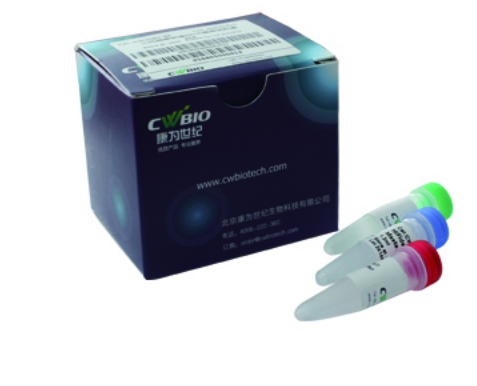 NGS TPH DNA Library Prep Set f...
NGS TPH DNA Library Prep Set f... 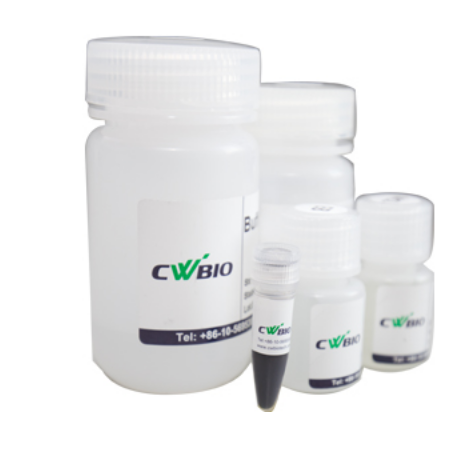 Magbead DNA Purification Kit (...
Magbead DNA Purification Kit (... 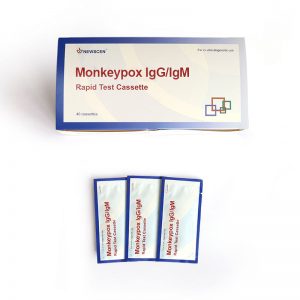 Monkeypox IgG/IgM Rapid Test C...
Monkeypox IgG/IgM Rapid Test C... 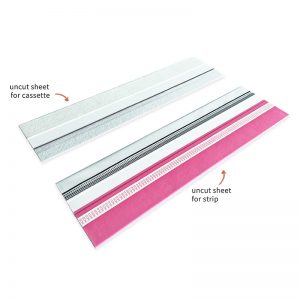 Hcg Pregnancy Test Uncut Sheet
Hcg Pregnancy Test Uncut Sheet 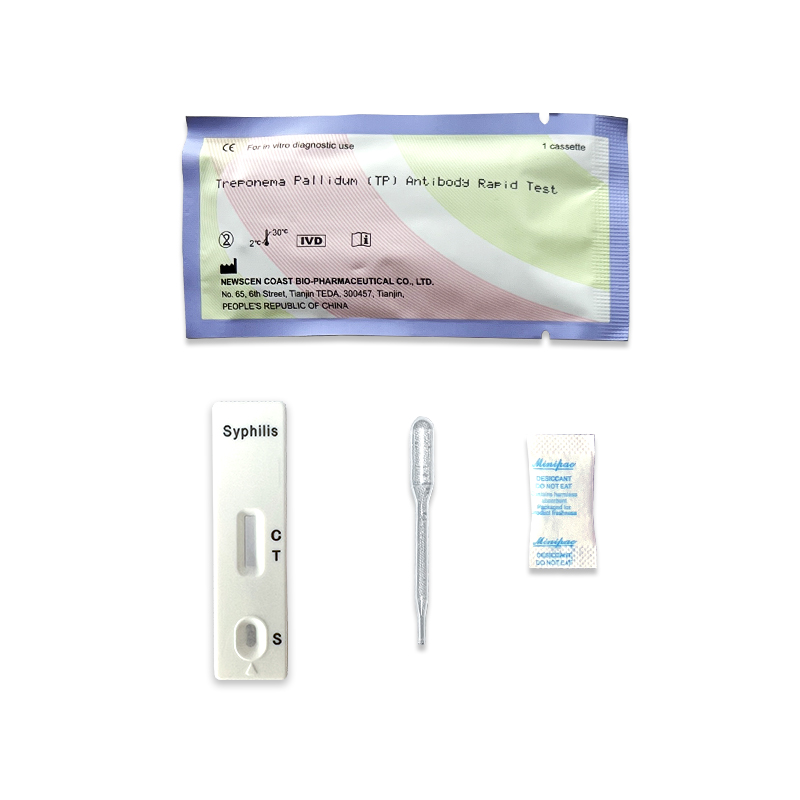 TP (Treponema Pallidum/Syphili...
TP (Treponema Pallidum/Syphili... 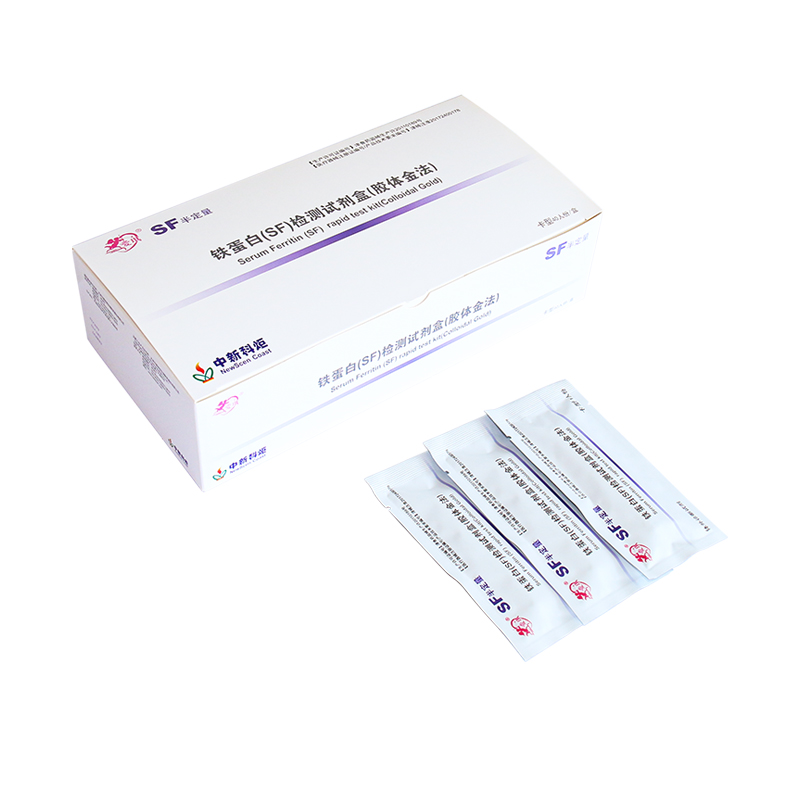 Serum Ferritin (SF) quantitati...
Serum Ferritin (SF) quantitati... 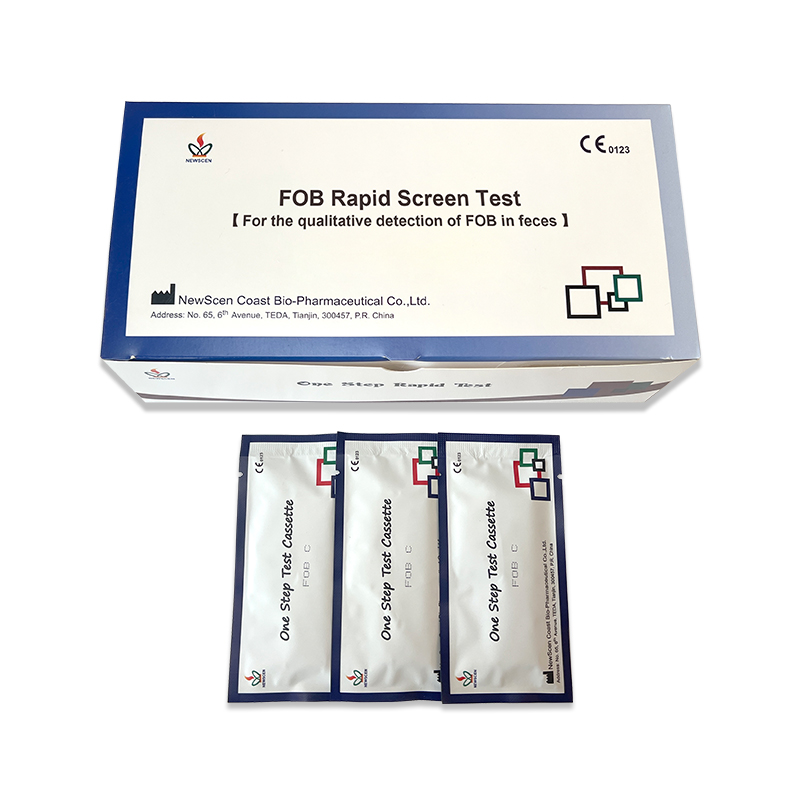 Fecal Occult Blood Fob Rapid T...
Fecal Occult Blood Fob Rapid T... 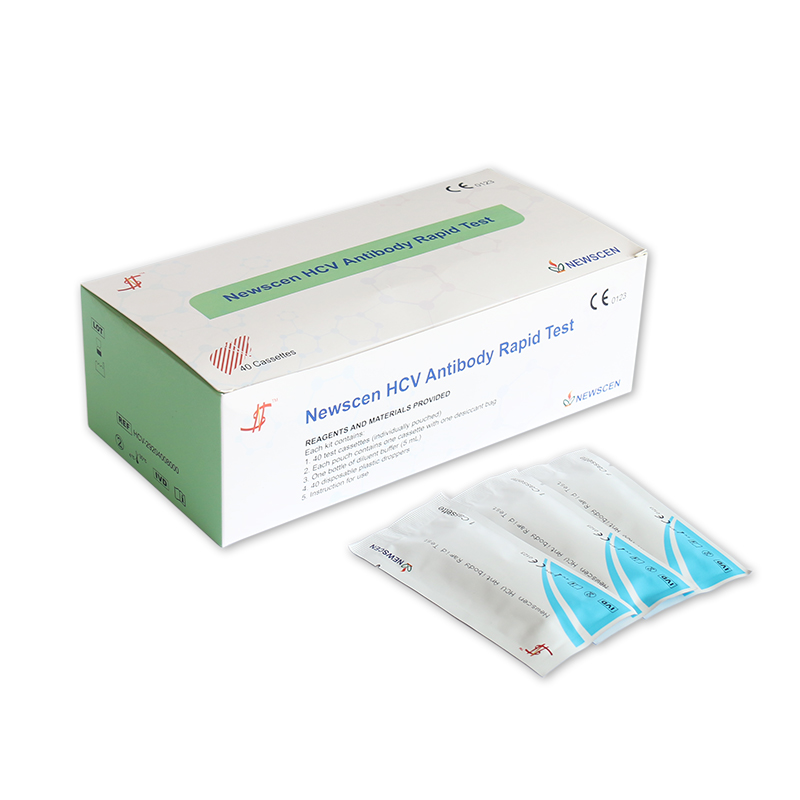
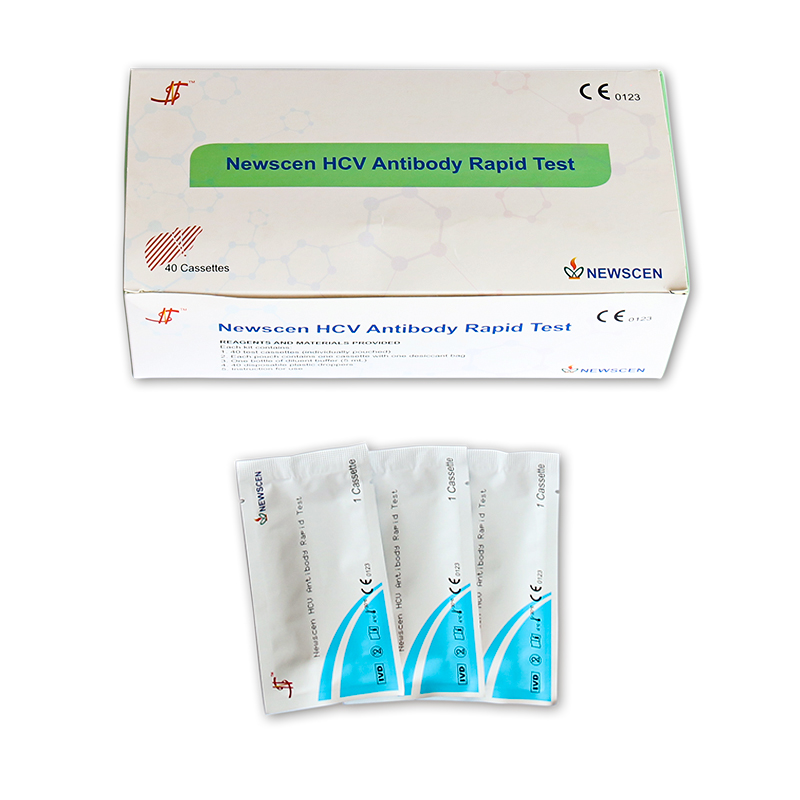
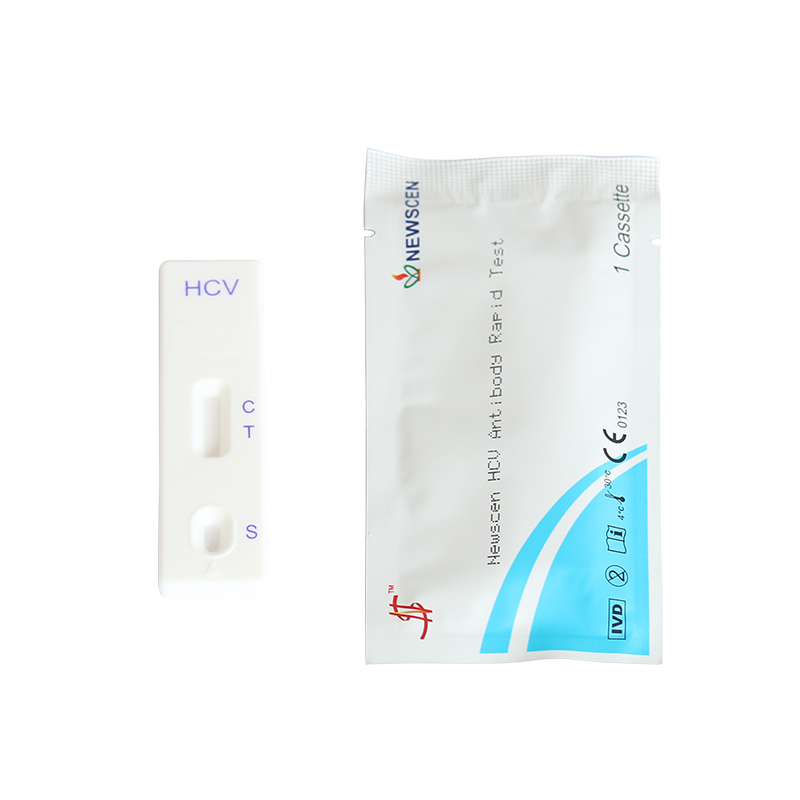
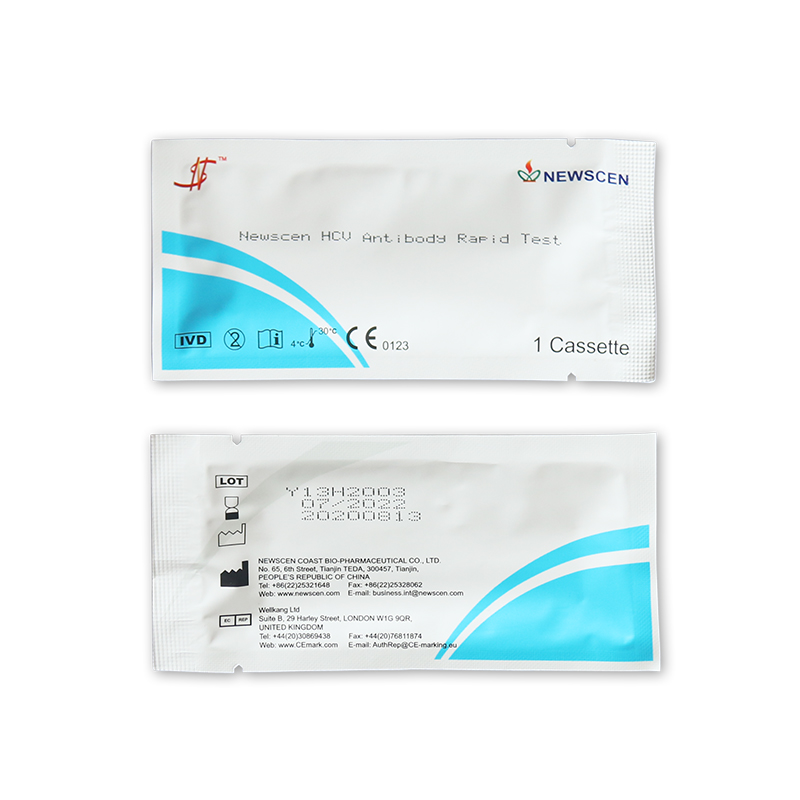
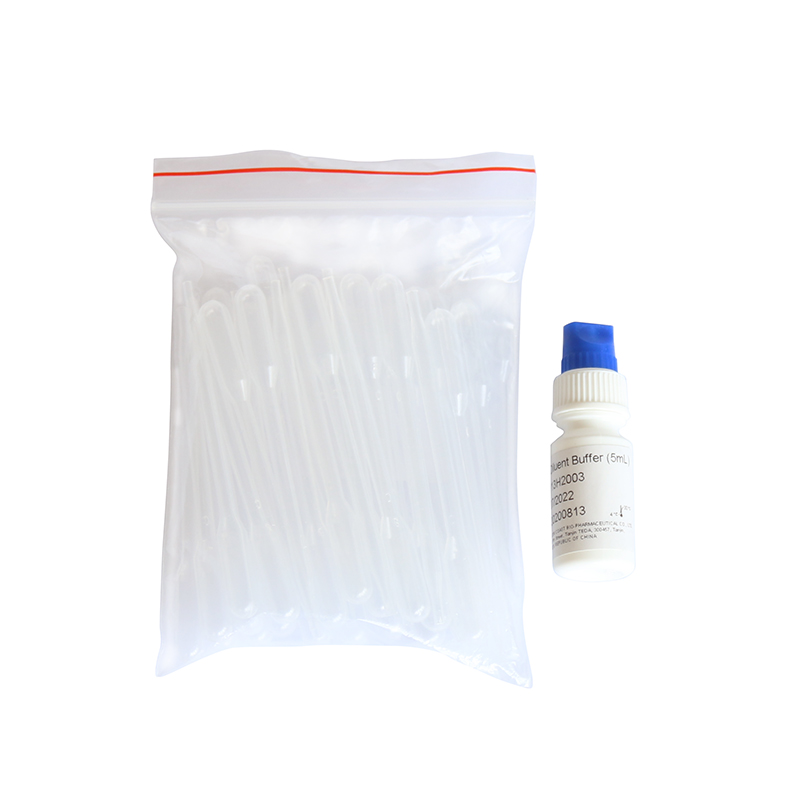
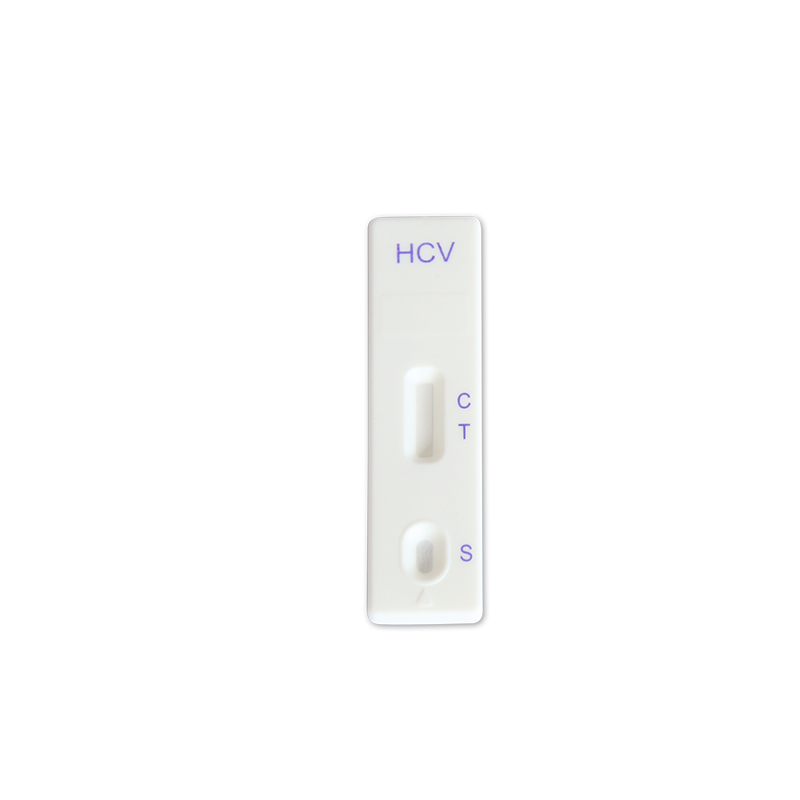
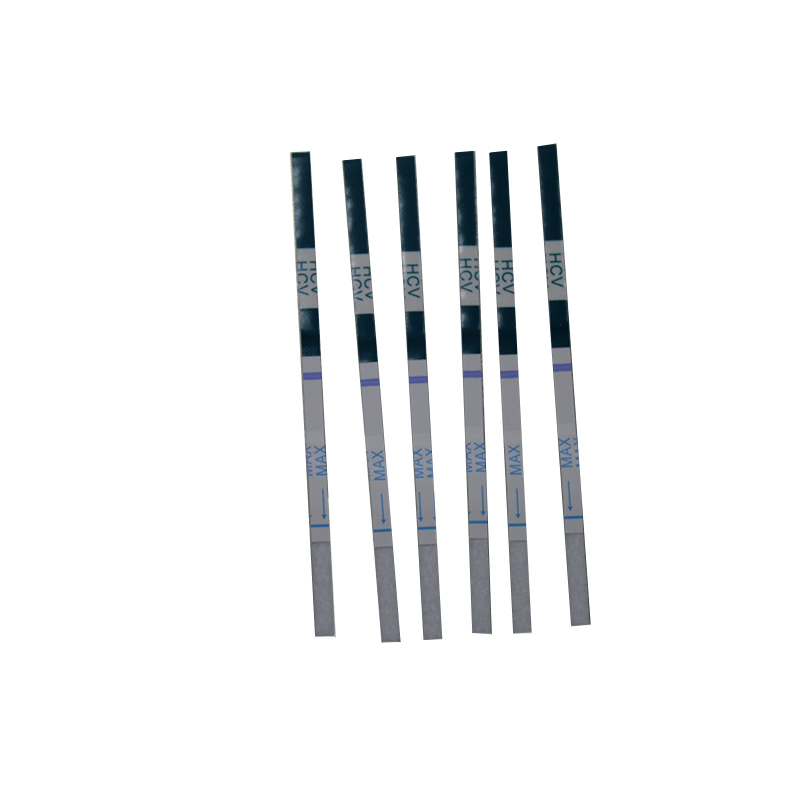

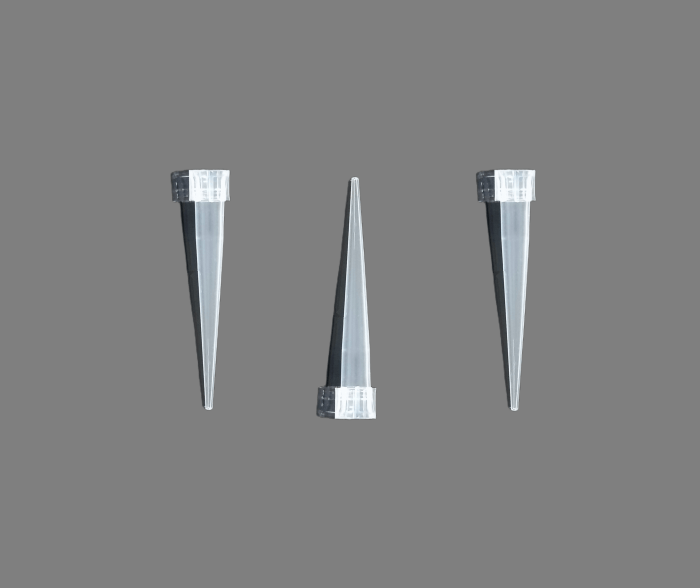
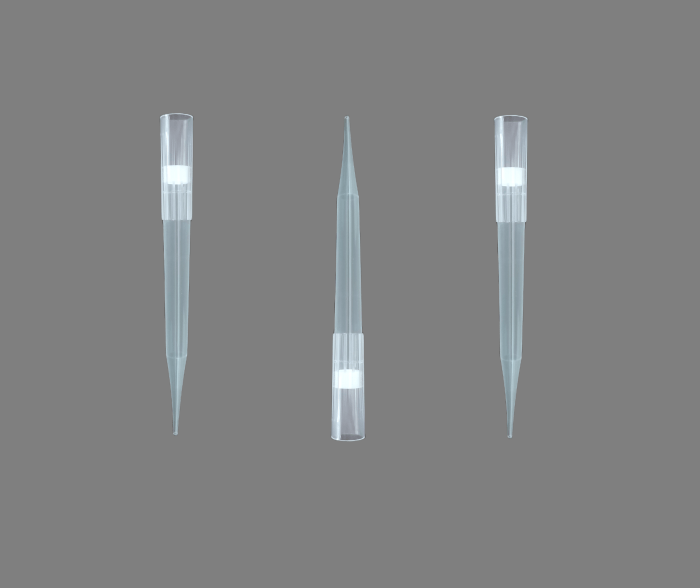
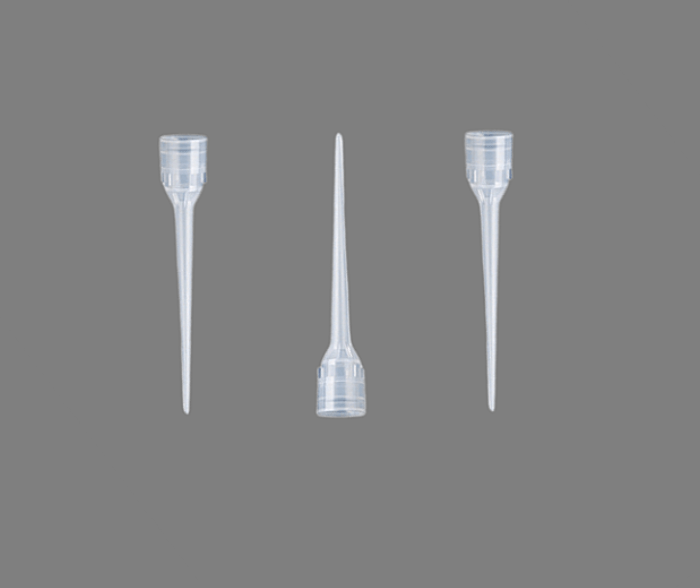
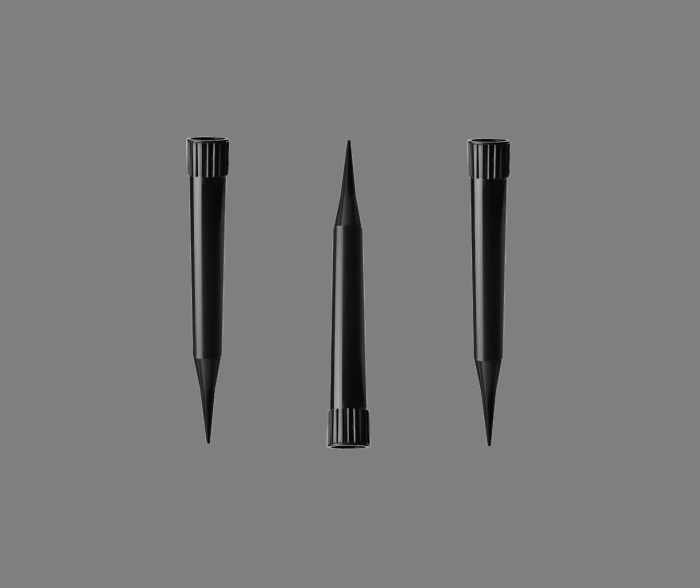
Pablo Villalpando –
Good product. I really like it so much.